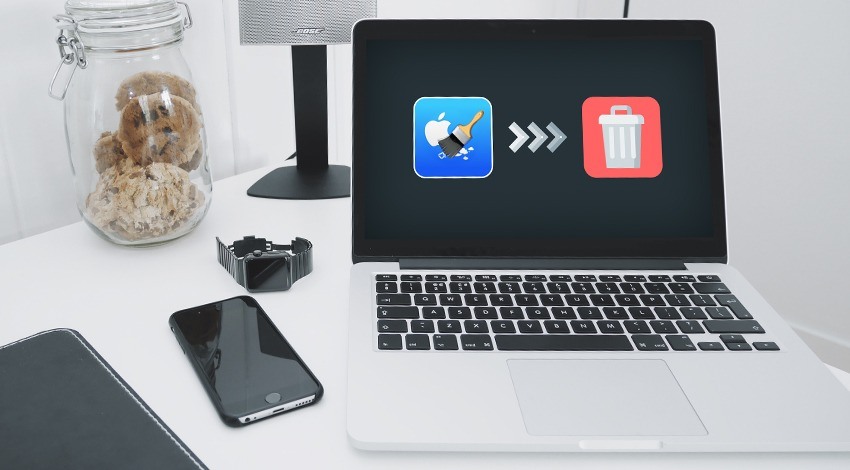

- GET RID OF ADVANCED MAC CLEANER POPUP INSTALL
- GET RID OF ADVANCED MAC CLEANER POPUP FULL
- GET RID OF ADVANCED MAC CLEANER POPUP SOFTWARE
- GET RID OF ADVANCED MAC CLEANER POPUP LICENSE
This deceptive marketing tactic of packing regular software with unwanted or malicious additions is called "bundling".

PUAs are distributed via download/installation set-ups of other products.
GET RID OF ADVANCED MAC CLEANER POPUP INSTALL
How did potentially unwanted applications install on my computer? They may appear similar to official, legitimate websites from Apple or other well-known companies. In fact, the official sites have nothing to do with tech-support scams or other untrustworthy, potentially malicious sites. Heiipiossuportinfo, iossecurecom and connection-protectcom are some of examples of other similar web pages. Combo Cleaner is owned and operated by Rcs Lt, the parent company of read more.

GET RID OF ADVANCED MAC CLEANER POPUP LICENSE
To use full-featured product, you have to purchase a license for Combo Cleaner. Our security researchers recommend using Combo Cleaner. To eliminate possible malware infections, scan your Mac with legitimate antivirus software. Internet browser tracking (potential privacy issues), display of unwanted ads, redirects to dubious websites, loss of private information. Your Mac becomes slower than normal, you see unwanted pop-up ads, you are redirected to dubious websites.ĭeceptive pop-up ads, free software installers (bundling), fake Flash Player installers, torrent file downloads.
GET RID OF ADVANCED MAC CLEANER POPUP FULL
Google Safebrowsing (Phishing), Netcraft (Malicious), Full List ( VirusTotal) Threat Summary: NameĪ computer has been infected with Trojan spyware, adwareĭetection Names (wellupdateweatheronline) They can also generate advertisements (coupons, banners, surveys, pop-ups, etc.) and others that are used to promote untrusted pages or even cause unwanted downloads and installations.

Note that PUAs can be designed to collect IP addresses, entered search queries, addresses of visited pages, geolocations, other browsing data, and even sensitive, personal details. Therefore, if a browser opens these pages automatically, it is likely that a PUA is installed on the browser and operating system. None of these pages can be trusted and are often promoted by PUAs. They can then steal personal information from them. In other cases, scammers attempt to trick users into paying for unnecessary software or "support" services. It displays various pop-up windows claiming that the computer has been infected with Trojan spyware (and adware), and data such as email and Facebook credentials, banking passwords, pictures and documents have been compromised.īoth pop-ups contain the +1-88 number that visitors must supposedly call for help with removal of the detected threats.Ĭommonly, when scammers behind such pages are contacted (called), they attempt to trick users into installing applications that allow the criminals to remotely access infected computers and install malware. This particular tech-support scam page is disguised as an official Apple web page. Users do not often visit these web pages intentionally - they are opened via deceptive ads, other dubious pages, or by installed potentially unwanted apps (PUAs). In most cases, these pop-ups appear on pages claiming to represent well-known software companies such as Microsoft and Apple. Technical support scam websites typically display pop-up windows windows stating that the computer is infected with malware, viruses, etc., and offer a telephone number for help with removing supposedly "detected threats".


 0 kommentar(er)
0 kommentar(er)
